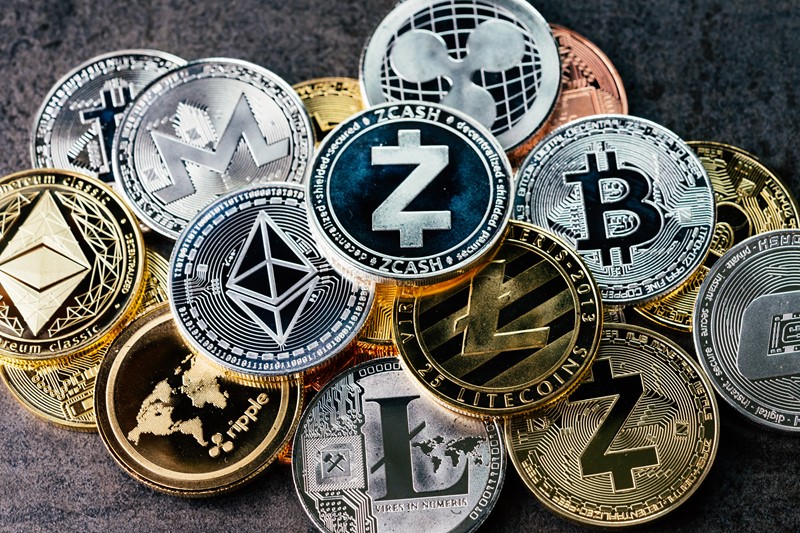Most individuals hold cryptoassets (such as Bitcoin) as a personal investment, usually for capital appreciation in its value or to make purchases.
HMRC is clear that these holdings will usually be subject to Capital Gains Tax (CGT) when:
- selling tokens
- exchanging tokens for a different type of cryptoasset
- using tokens to pay for goods or services
- giving away tokens to another person (unless it is a gift to your spouse or civil partner)
- donating coins to charity
To check if you need to pay CGT, you will need to work out your gain for each transaction. The way a gain is calculated is different if you sell tokens within 30 days of buying them. If the asset was acquired free of charge, then the market value at the time should be used to calculate the gain.
Taxpayers can deduct certain allowable costs when working out their gain, including the cost of:
- transaction fees paid before the transaction is added to a blockchain
- advertising for a buyer or seller
- drawing up a contract for the transaction
- making a valuation so they can work out the gain for that transaction
If the taxpayer’s activity is trading, then Income Tax will take priority over CGT and will apply to profits (or losses).


Recent Comments